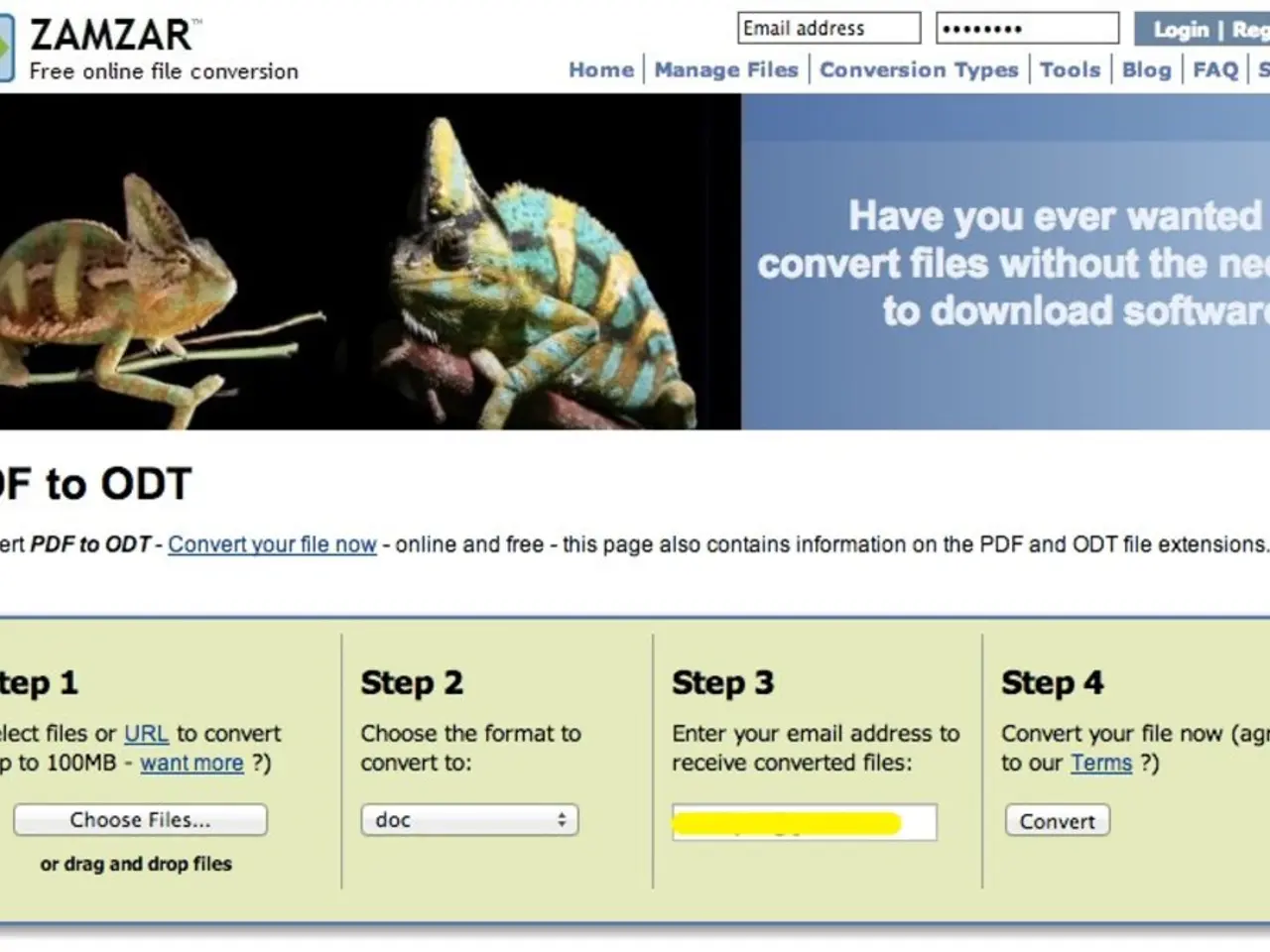Deceptive emails claiming Land Registry origin
Identifying and Handling Suspicious Land Registry Emails
In the digital age, it's important to stay vigilant against phishing attempts, especially those that purport to come from official sources like the Land Registry. Here's what you need to know to protect yourself.
Identifying Phishing Emails
Phishing emails can be subtle, but there are key signs to look out for. If an email asks for sensitive personal information such as passwords, bank details, or identity documents, it's likely a phishing attempt. Pay attention to the sender's email address as well. Genuine Land Registry emails end in @landregistry.gov.uk, so if the domain doesn't match, be wary.
Other red flags include links directing you to suspicious or unofficial websites, poor grammar, generic greetings, urgent or threatening language, and unexpected requests for payment via gift cards, cryptocurrencies, or wire transfers.
Proper Actions to Take
When in doubt, don't click on any links or download attachments within the email. Don't provide any personal or financial information in response. Instead, verify the email’s legitimacy independently by contacting the Land Registry office directly using contact details obtained from their official website.
If you've received the email at work, informing the IT administrator is recommended. Report the phishing attempt to the Land Registry office and your local cybercrime or consumer protection authority. Consider forwarding the suspicious email to an anti-phishing or fraud-reporting service if available.
To add extra protection, use updated antivirus software and consider enabling multi-factor authentication for your online accounts. Regularly monitor your property records with your local Registry of Deeds office for any unauthorized changes or filings that might indicate fraud.
By following these steps, you can significantly reduce the risk of falling victim to property fraud or identity theft scams disguised as legitimate Land Registry communications.
Remember, the Land Registry will never ask for sensitive information via email. Genuine Land Registry emails end in @landregistry.gov.uk, and they will not contain links to suspicious websites or attachments with viruses. If you're unsure about an email, it's always best to err on the side of caution and not open its attachment.
Stay safe and stay vigilant!
[1] Land Registry guidance on phishing emails [2] Cyber Aware: Protecting yourself from phishing [4] Land Registry: Protecting yourself from property fraud [5] Consumer Reports: How to spot and avoid phishing scams
[1] In the realm of cybersecurity, technology plays a crucial role in protecting oneself from phishing emails, especially those purporting to be from official sources like the Land Registry.
[2] In a bid to enhance cybersecurity, it's essential to stay informed about the signs of phishing emails and the proper actions to take when encountering them, as outlined in Land Registry guidance on phishing emails and resources like Cyber Aware and Consumer Reports.




